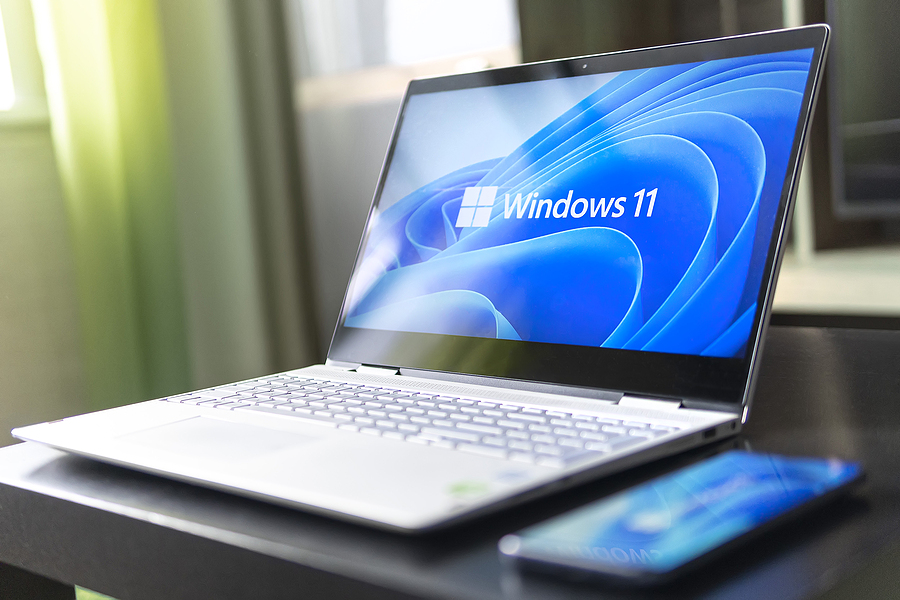Read about why a Windows 11 Upgrade may cause issues with your system.
Windows 11 was released in October of 2021, so a year and a half later, it should be safe to upgrade. Right?
Not exactly. While Microsoft has been releasing steady patches in that time, Windows 11 may still present some issues with your computer.
Windows 11 has specific requirements for your PC to qualify for an upgrade, and even then, there may be some hardware compatibility issues. Always check with your manufacturer or developers with specialized PCs.
Some requirements for Windows 11 include:
- CPU: 1 gigahertz (GHz) or faster with 2 or more cores on a compatible 64-bit processor (opens in new tab)or System on a Chip (SoC)
- RAM: 4GB
- Storage: 64GB of larger
- System firmware: UEFI, Secure Boot capable
- TPM: Trusted Platform Module (TPM) version 2.0
- Graphics card: Compatible with DirectX 12 or later with WDDM 2.0 driver
- Display: High definition (720p) display that is greater than 9” diagonally, 8 bits per color channel
- Internet: Windows 11 Home edition requires internet connectivity and a Microsoft account to complete device setup on first use.
You must meet these requirements to avoid putting your system at risk. Microsoft suggests that you upgrade older PCs at your own risk. If you do meet the requirements, there is still a chance that your software and programs are not updated or designed for Windows 11. Adobe Acrobat, iTunes for Windows, Apple TV, and older versions of various games and apps aren’t prepared for the new operating system. Photoshop, Microsoft Office, and Internet Explorer haven’t been updated to meet the system, either.
Let’s say your PC does meet the requirements, you don’t need to use any of the applications listed above, and there is still the issue of new bugs and memory issues. There has been recorded bugs that create thousands of empty file folders as well as a bug that significantly slowed down SSD speeds. There is the possibility that the File Explorer will take up extra RAM while in use and continue to use that RAM after the window is closed.
On top of this, there is no significant difference between Windows 10 and Windows 11. Few unique features were announced, and the two operating systems strongly resemble each other.
There’s really only a few differences:
- Infinite minor changes
- Visual Design
- New Start Menu
- New Widgets Menu
- New Snap Assist tool for managing windows on your desktop
- Native Android Support
You could find that you are met with personal hassles as well. You have spent much time with your computer, and working on a computer with a new operating system can be stressful. It will take time to get used to, and you may unexpectedly find that the upgrade has tweaked settings and other preferences.
Windows 11 has also started testing ads and nagging users on unsupported PCs.
So, should you upgrade? We would suggest against it. If you find the upgrade notification, a link should allow you to “Decline Upgrade” or “Stay on Windows 10 for now”. Don’t worry; they won’t force it on you yet. Windows 10 will still be supported until late 2025.







